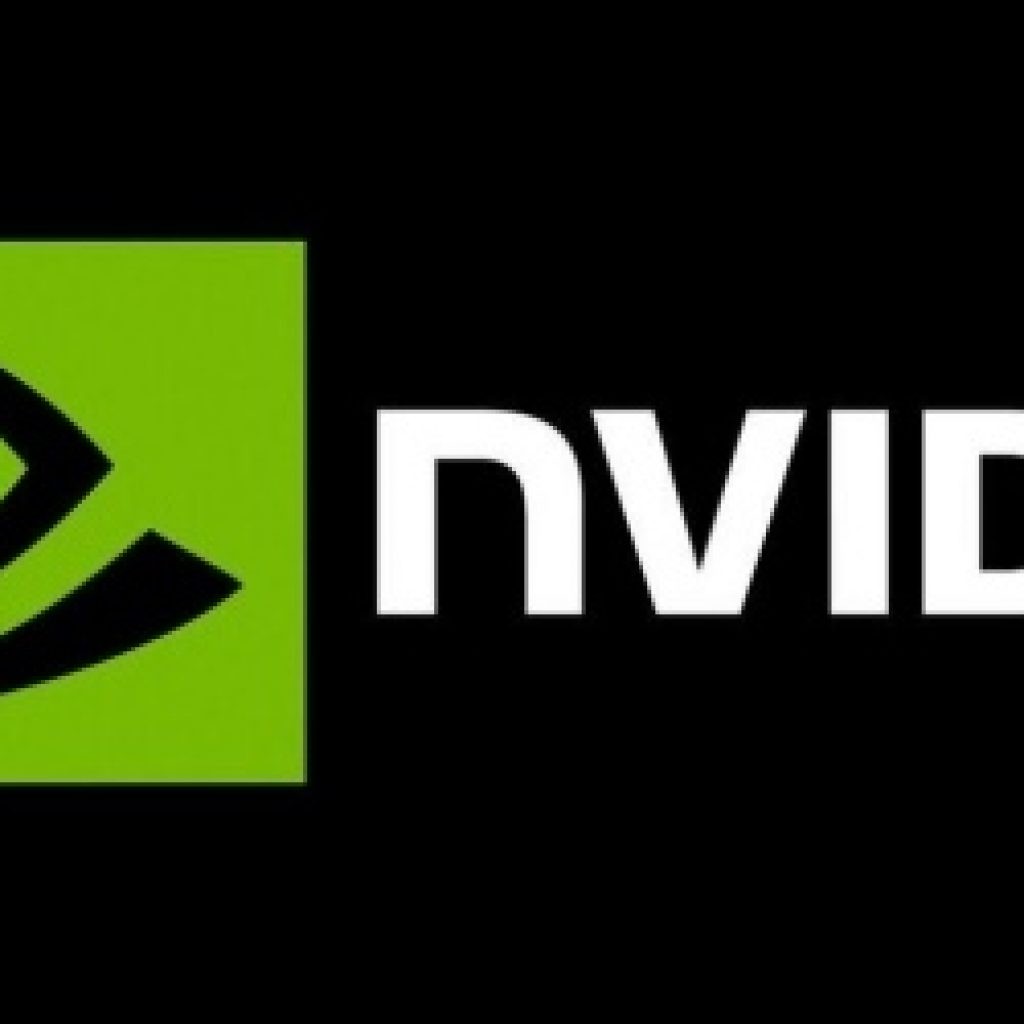Nvidia’s Timothy Costa also discusses QODA in IQT’s Quantum Tech Podcast, Episode 31.
It has been more than a decade since Nvidia introduced a unified programming framework that vastly expanded the ability for developers to leverage graphics processing units. That platform was CUDA. Today, Nvidia introduced QODA, which in combination with Nvidia’s other recent software efforts aims to do the same thing for the age of hybrid classical-quantum computing by giving developers a common programming framework that interoperates with existing applications, allowing them to more quickly leverage quantum capabilities.
Nvidia unveiled QODA, which stands for Quantum Optimized Device Architecture at the Q2B Conference in Tokyo. Experts in high-performance computing and artificial intelligence who are focusing on applications across a variety of industries can use the QODA model in tandem with Nvidia’s cuQuantum software and Nvidia GPUs on machines like the Nvidia DGX system to build and simulate complete applications.
To ease fragmentation and promote QODA as a unified framework, Nvidia also said it was working with partners like quantum hardware providers IQM Quantum Computers, Pasqal, Quantinuum, Quantum Brilliance and Xanadu; software providers QC Ware and Zapata Computing; and supercomputing centers Forschungszentrum Jülich, Lawrence Berkeley National Laboratory, and Oak Ridge National Laboratory, to enable their user groups to leverage QODA.
“Quantum computers today are programmed in the equivalent of assembly code, which has an extremely steep learning curve for researchers who are not already quantum engineers incorporating quantum computing into their workflows,” said Tim Costa, director of HPC and Quantum Computing Products at Nvidia, in an email to IQT News. “QODA removes that barrier to entry by enabling programming of hybrid quantum systems in a model familiar to scientific computing developers, interoperable with the best of today’s classical computing applications.”
Essentially, developers can use QODA to help them create their initial quantum-accelerated applications by enabling incremental quantum acceleration to scientific computing applications where it makes sense, while also leveraging classical resources in those same applications.
Costa added, “In addition, today’s frameworks are not built with performant circuit compilation in mind. In early benchmarks, we are seeing up to a 287x speedup over a leading Pythonic framework for end-to-end simulation of the Variational Quantum Eigensolver.”
Getting back to CUDA, Costa compared QODA’s aim with that of the earlier, now widely-used platform. “In the same way CUDA revolutionized scientific developer access to the GPU, QODA revolutionizes developer access to hybrid quantum-classical computing by providing a familiar programming environment that interoperates with today’s applications, programming models and software stacks,” he said. “The environment is uniform across all quantum computing resources, emulated and physical.”
Nvidia’s partners had a lot to say about this move in their own statements.
Kristel Michielsen, who manages the Jülich near Cologne, Germany, said in a blog posted by Nvidia, “This helps bring quantum computing closer to the HPC and AI communities,” she said. “It will speed up how they get things done without them needing to do all the low-level programming, so it makes their life much easier.”
“Quantinuum is partnering with Nvidia to enable users of Quantinuum’s H-series quantum processors, powered by Honeywell, to program and develop the next generation of hybrid quantum-classical applications with QODA. This ties together the best performing classical computers with our world-class quantum processors,” said Alex Chernoguzov, chief engineer at Quantinuum.
“The hybrid quantum-classical capabilities developed by NVIDIA will enable HPC developers to accelerate their existing applications by providing an efficient way to program quantum and classical resources in a consolidated environment,” said Yudong Cao, chief technology officer at Zapata. “Near-term applications in chemistry, drug discovery, materials science and more can now be seamlessly integrated with quantum computing, driving new discoveries in these fields as practical quantum advantage emerges.”
“In addition to emulators, Quantum Brilliance is leveraging its qbOS software development kit to develop flagship applications focused on massive parallelisation of quantum computers for molecular simulations, as well as edge applications for signal processing such as speech-to-text conversion. The NVIDIA QODA platform will accelerate the progress of these applications and enable customers and partners to assess their performance,” said Dr. Mark Mattingley-Scott, General Manager, Quantum Brilliance EMEA.
This week’s move expands Nvidia’s presence and influence in the quantum sector, as the company in the last two years has gained many users for its cuQuantum software.
Dan O’Shea has covered telecommunications and related topics including semiconductors, sensors, retail systems, digital payments and quantum computing/technology for over 25 years.
